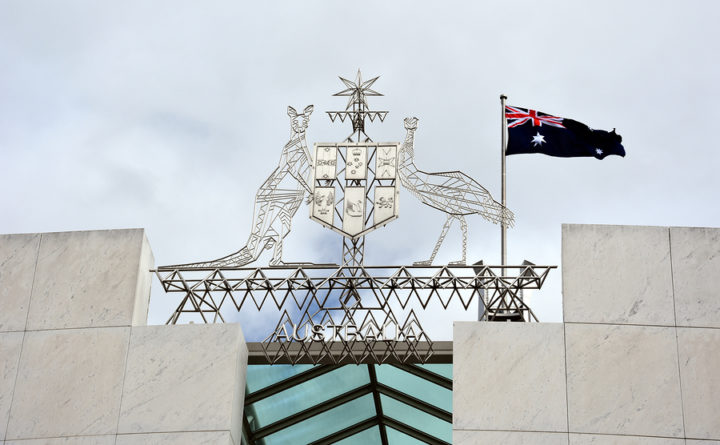A recent survey revealed that 65 per cent of small-business owners do not believe that the Government is providing enough support to small businesses in light of the challenges they are facing due to the COVID-19 pandemic.
According to the latest the Titian Consulting State of Small Business in COVID Times survey, this sentiment comes as 60 per cent of small businesses have experienced a decline in revenue during the last financial year and an additional 20 per cent remained “stagnant” in their growth due to COVID-19 restrictions. Only six per cent of Australian small businesses managed to attain growth, and that was due to the pivoting they have done.
Over two thirds – 70 per cent – of respondents had not availed themselves of Federal Government loans for small businesses. And of those who attempted to avail of these loans, 58 per cent said it was very difficult for them to access them due to various reasons such as the length of turnaround time, lack of information available and disqualifications or a lack of clarity on access for sole traders and micro-businesses.
Given these challenges and sentiments, small businesses are asking the Government to provide more financial assistance (41 per cent), more explanation of its future COVID plans (36 per cent), and more notice and time to implement regulations (23 per cent).
“The COVID impact to the micro and small business sector has huge future implications as well as causing a year of devastation in many industry sectors,” Hilary O’Dwyer, founder of Titian Consulting, said. “The contribution of small business to the Australian GDP is equivalent to more than 32 per cent of the economy and they employ 44 per cent of the workforce; without the right support, explained clearly and accessed easily, we are going to lose not only these important businesses but local employers, community supporters and innovators across the country.”
The ongoing uncertainty is having a significant impact on the future growth of small businesses with 53 per cent being more cautious in their business planning and 15 per cent considering more safety nets to weather financial difficulties. Only 15 per cent are bullish about their business plans.
“If businesses believe that are small, they will stay small,” O’Dwyer said. “If they are afraid of expansion whether that is in their product or service range, employee headcount or their premises in case of extended or new lockdowns, they not only lose their current market but their future opportunities, and that has a knock-on effect on our communities and economy as the small business sector contributes so much to Australian life.”
The survey also noted that 53 per cent of small business believes there’s no returning to “business as normal” while 27 per cent believe normalcy will return in 12 months, 14 per cent say within six months and six per cent in three months.
The report reveals that the top five changes to planning small-business owners have been forced into are an increased focus on cashflow planning (21 per cent), introducing new income streams (19 per cent), paying attention to discretionary spend and expenses that can be cut (14 per cent), taking on another job to supplement income from the business (15 per cent) and creating a cash buffer to weather future lock downs (11 per cent).















